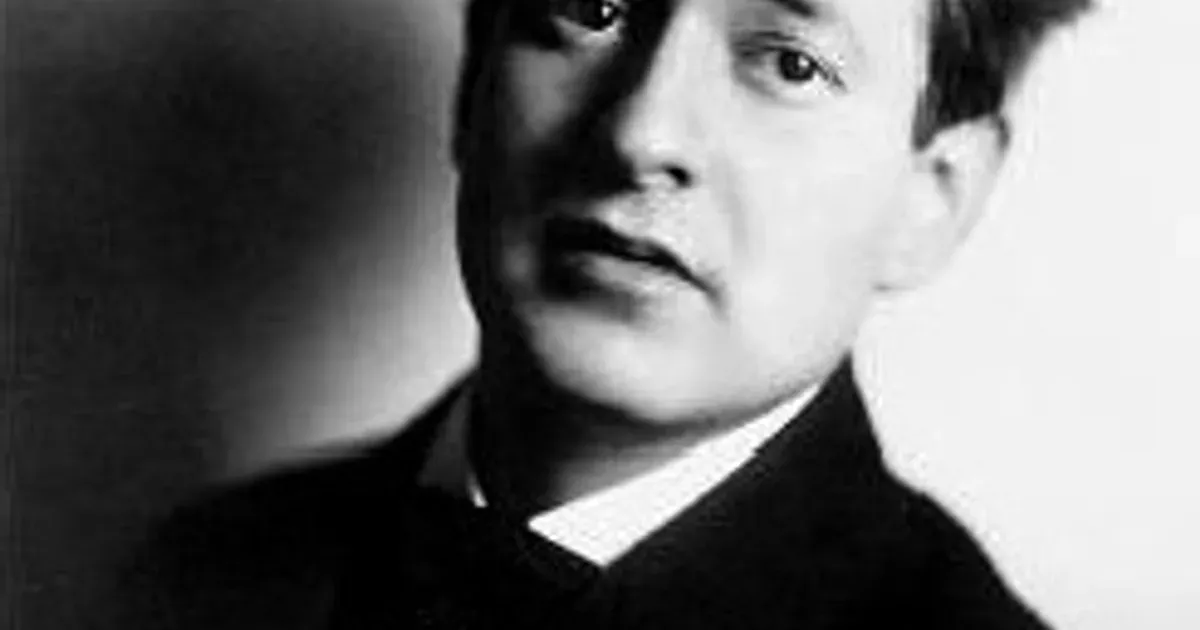
The Geniuses: Brahms and Korngold
Ribe Arts Museum, Ribe. Friday 23rd August 2024 at 4 pm
SINGLE TICKETS All-inclusive Festival Ticket KR. 700,-
Erich Wolfgang Korngold: Sextet for Strings in D Major, Op. 10
Johannes Brahms: String Sextet No. 2 in G major, Op. 36
The Geniuses – Brahms and Korngold
On Friday, August 23rd, 2024, at 4 pm, the Ribe Arts Museum will host a magnificent concert as part of the Klassisk Sommer Festival. The concert will feature the works of two musical geniuses: Erich Wolfgang Korngold and Johannes Brahms. This event promises to be a delightful experience for classical music enthusiasts, bringing together some of the finest musicians from around the world to perform masterful compositions.
Erich Wolfgang Korngold: A Prodigy of His Time
Erich Wolfgang Korngold, born in 1897, was a child prodigy whose early works astounded the music world. His Sextet for Strings in D Major, Op. 10, composed when he was just 17, showcases his exceptional talent and precocious understanding of complex musical structures. Korngold’s sextet is a testament to his ability to blend lyrical beauty with technical prowess. The composition is structured in four movements:
I Moderato: The opening movement introduces a warm and lush sound, setting the tone for the piece with its rich harmonies and intricate interplay between the instruments.
II Adagio: The second movement is a poignant and expressive adagio, filled with emotional depth and lyrical melodies that highlight Korngold’s romantic sensibilities.
III Intermezzo: Allegro molto: The intermezzo is lively and spirited, providing a contrast with its playful rhythms and brisk pace.
IV Finale: Allegro: The final movement brings the sextet to a vigorous and jubilant conclusion, demonstrating Korngold’s flair for dramatic and vibrant finales.
Korngold’s later career in Hollywood further cemented his legacy, where he became one of the pioneering composers of film music, influencing the sound of cinema for generations.
Johannes Brahms: Master of Romanticism
Johannes Brahms, a towering figure in Romantic music, composed his String Sextet No. 2 in G major, Op. 36, during a period of personal reflection and artistic maturity. This piece is celebrated for its lush textures and intricate counterpoint, characteristic of Brahms’s late style. The sextet unfolds in four movements:
I Allegro non troppo: The first movement is expansive and lyrical, weaving complex melodies and harmonies that evoke a sense of grandeur and introspection.
II Scherzo: Allegro non troppo: The scherzo, with its lively and rhythmic character, contrasts sharply with the serene mood of the first movement.
III Poco Adagio: The adagio movement is deeply emotional, featuring tender melodies and rich harmonic progressions that convey a profound sense of longing and introspection.
IV Poco Allegro: The final movement concludes the sextet with an energetic and joyful theme, embodying Brahms’s mastery in creating music that is both intellectually stimulating and emotionally moving.
The Musicians
The concert features a stellar lineup of internationally acclaimed musicians:
- Maria Wloszczowska (violin): A violinist of exceptional talent and international renown, Maria Wloszczowska has captivated audiences with her virtuosic performances and deep musical insight. Her interpretations are known for their emotional intensity and technical brilliance.
- Hélène Clément (viola): A member of the world-renowned Doric String Quartet, Hélène Clément is celebrated for her rich, expressive playing and her ability to bring out the nuanced colors of the viola. Her performances are marked by a profound understanding of the repertoire and a passionate commitment to chamber music.
- Pablo Hernán Benedí (violin): Pablo Hernán Benedí is known for his dynamic and expressive performances. His versatility as a violinist has made him a sought-after artist in both solo and chamber music settings.
- Tim Crawford (violin): Tim Crawford’s artistry on the violin is characterised by his impeccable technique and expressive depth. His performances are marked by a keen sense of musicality and a deep connection with his audience.
- Michel Camille (viola): As both a violist and the Artistic Director of the Klassisk Sommer Festival, Michel Camille brings a wealth of experience and a deep passion for chamber music to the stage. His playing is noted for its warmth and lyrical beauty.
- Pau Codina (cello): Pau Codina is a cellist of great distinction, known for his rich tone and powerful interpretations. His performances are both technically assured and deeply expressive, making him a favorite among audiences and critics alike.
- Eddie Pogossian (cello): Eddie Pogossian’s cello playing is celebrated for its emotional intensity and technical prowess. He brings a deep understanding of the music and a passionate approach to his performances.
Attending this concert at the Ribe Arts Museum offers not just an auditory feast but also an immersive cultural experience. The venue itself, with its historical significance and intimate setting, enhances the overall atmosphere, making it an ideal place to appreciate the intricate beauty of chamber music. As the musicians bring Korngold and Brahms’s compositions to life, the audience is invited on a journey through the emotional landscapes and technical intricacies that define these masterpieces.
This concert is a unique opportunity to witness the convergence of historical and contemporary musical genius, performed by some of the most distinguished artists in the field. Whether you are a seasoned classical music aficionado or a newcomer to the genre, “The Geniuses: Brahms and Korngold” promises an unforgettable evening of musical excellence and profound artistry.
Maria Wloszczowska, Pablo Hernán Benedí, Tim Crawford – violin, Michel Camille, Hélène Clément – viola, Pau Codina, Eddie Pogossian – cello
Erich Wolfgang Korngold: Sextet for Strings in D Major, Op. 10
I. Moderato
II. Adagio
III. Intermezzo: Allegro molto
IV. Finale: Allegro
Johannes Brahms: String Sextet No. 2 in G major, Op. 36
I. Allegro non troppo
II. Scherzo: Allegro non troppo
III. Poco Adagio
IV. Poco Allegro